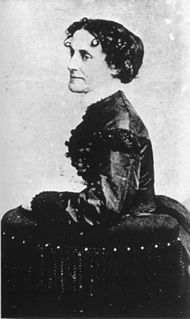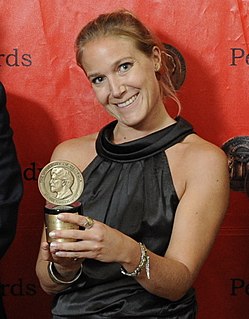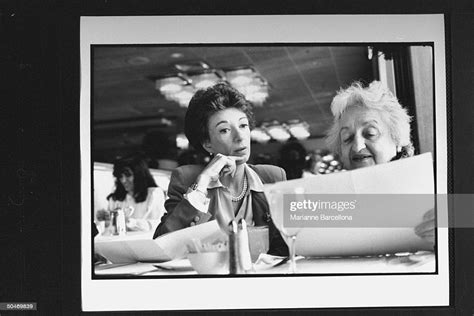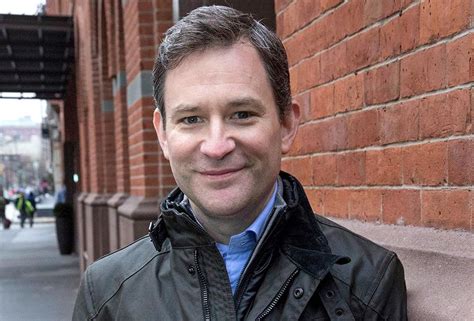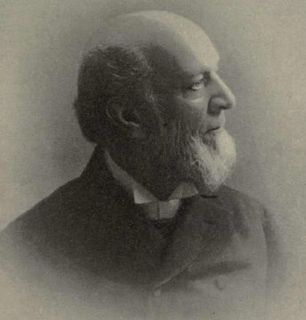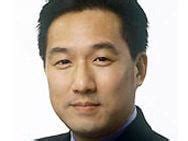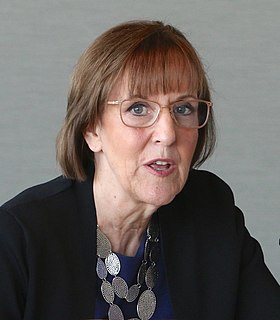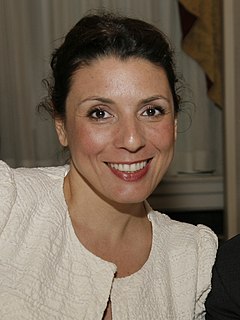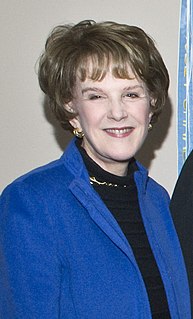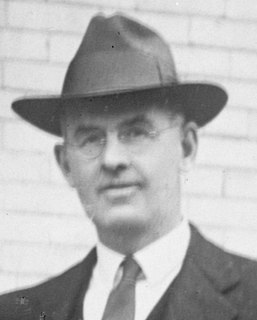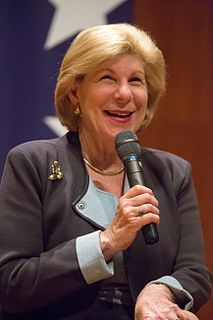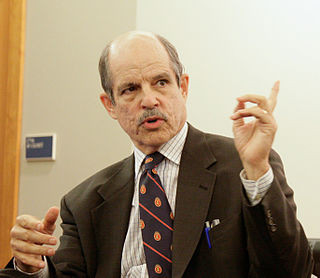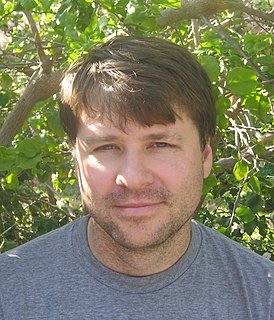A Quote by Hans Morgenthau
Man is born to seek power, yet his actual condition makes him a slave to the power of others.
Related Quotes
Whenever a man believes that he has the exact truth from God, there is in that man no spirit of compromise. He has not the modesty born of the imperfections of human nature; he has the arrogance of theological certainty and the tyranny born of ignorant assurance. Believing himself to be the slave of God, he imitates his master, and of all tyrants the worst is a slave in power.
What the working man sells is not directly his Labor, but his Laboring Power, the temporary disposal of which he makes over to the capitalist. This is so much the case that I do not know whether by the English Law, but certainly by some Continental Laws, the maximum time is fixed for which a man is allowed to sell his laboring power. If allowed to do so for any indefinite period whatever, slavery would be immediately restored. Such a sale, if it comprised his lifetime, for example, would make him at once the lifelong slave of his employer.
The predominant teachings of this age are that there are no limits to man's capacity to govern others and that, therefore, no limitations ought to be imposed upon government. The older faith, born of long ages of suffering under man's dominion over man, was that the exercise of unlimited power by men with limited minds and self-regarding prejudices is soon oppressive, reactionary, and corrupt. The older faith taught that the very condition of progress was the limitation of power to the capacity and the virtue of rulers.
What is the cause of historical events? Power. What is power? Power is the sum total of wills transferred to one person. On what condition are the willso fo the masses transferred to one person? On condition that the person express the will of the whole people. That is, power is power. That is, power is a word the meaning of which we do not understand.
Men in great place are thrice servants; servants of the sovereign state, servants of fame, and servants of business; so as they have no freedom, neither in their persons, nor in their actions, nor in their times. It is a strange desire to seek power and to lose liberty; or to seek power over others, and to lose power over a man's self.
A truly humble man is sensible of his natural distance from God; of his dependence on Him; of the insufficiency of his own power and wisdom; and that it is by God's power that he is upheld and provided for, and that he needs God's wisdom to lead and guide him, and His might to enable him to do what he ought to do for Him.
A certain type of person strives to become a master over all, and to extend his force, his will to power, and to subdue all that resists it. But he encounters the power of others, and comes to an arrangement, a union, with those that are like him: thus they work together to serve the will to power. And the process goes on.






